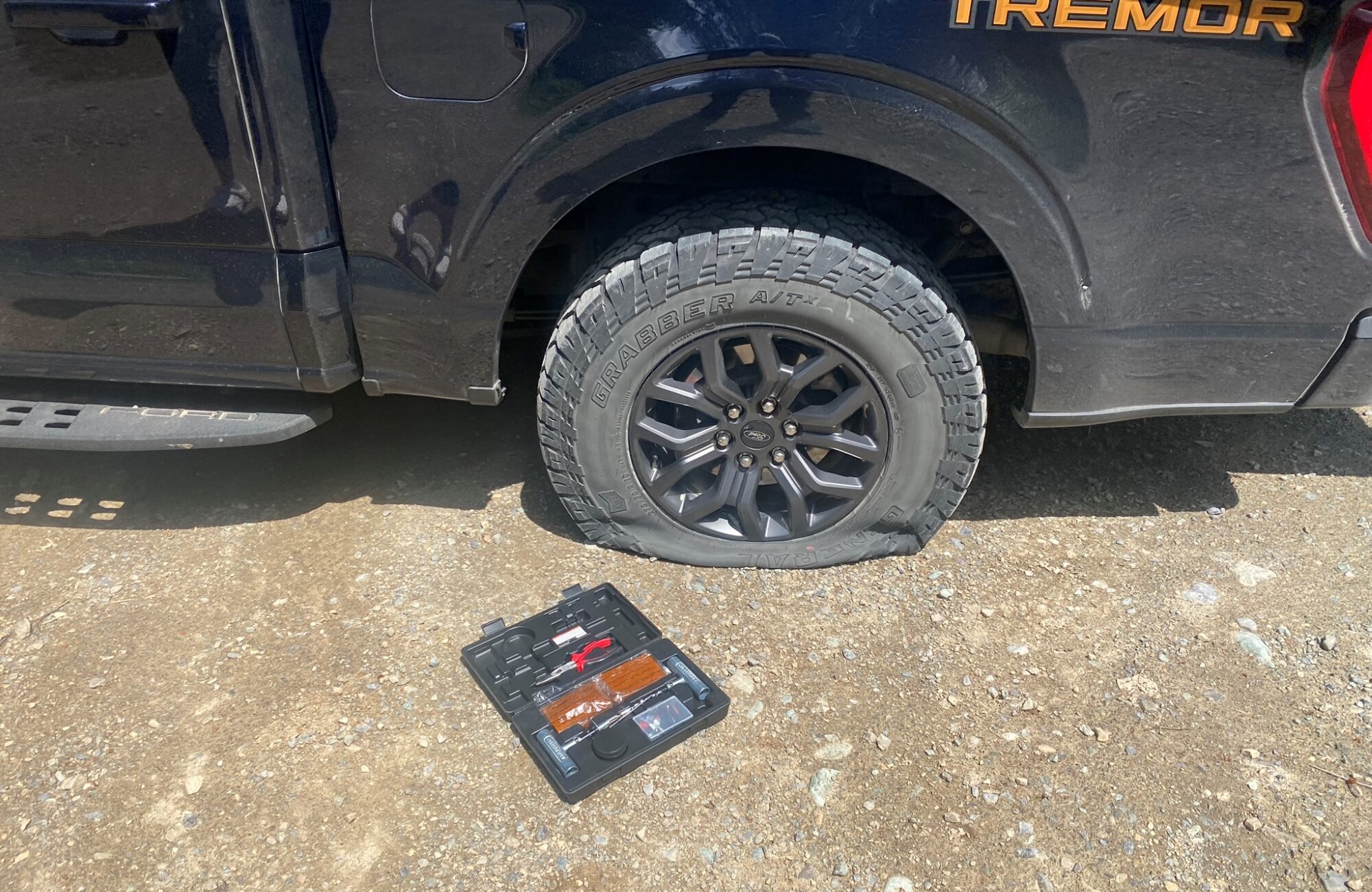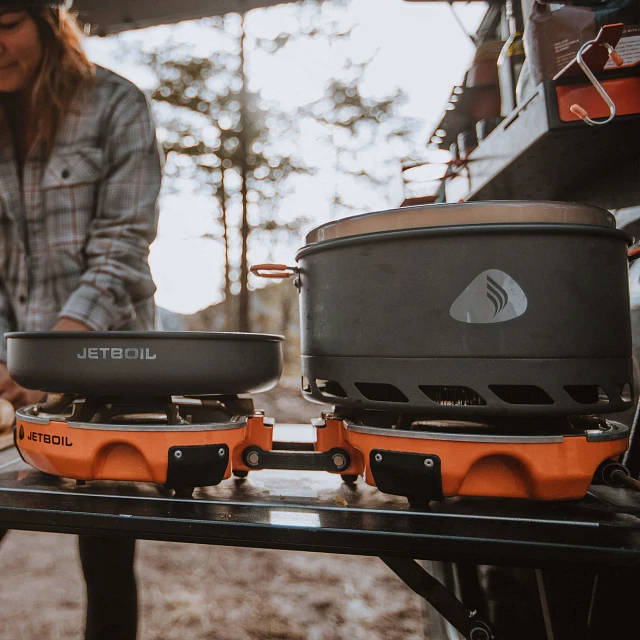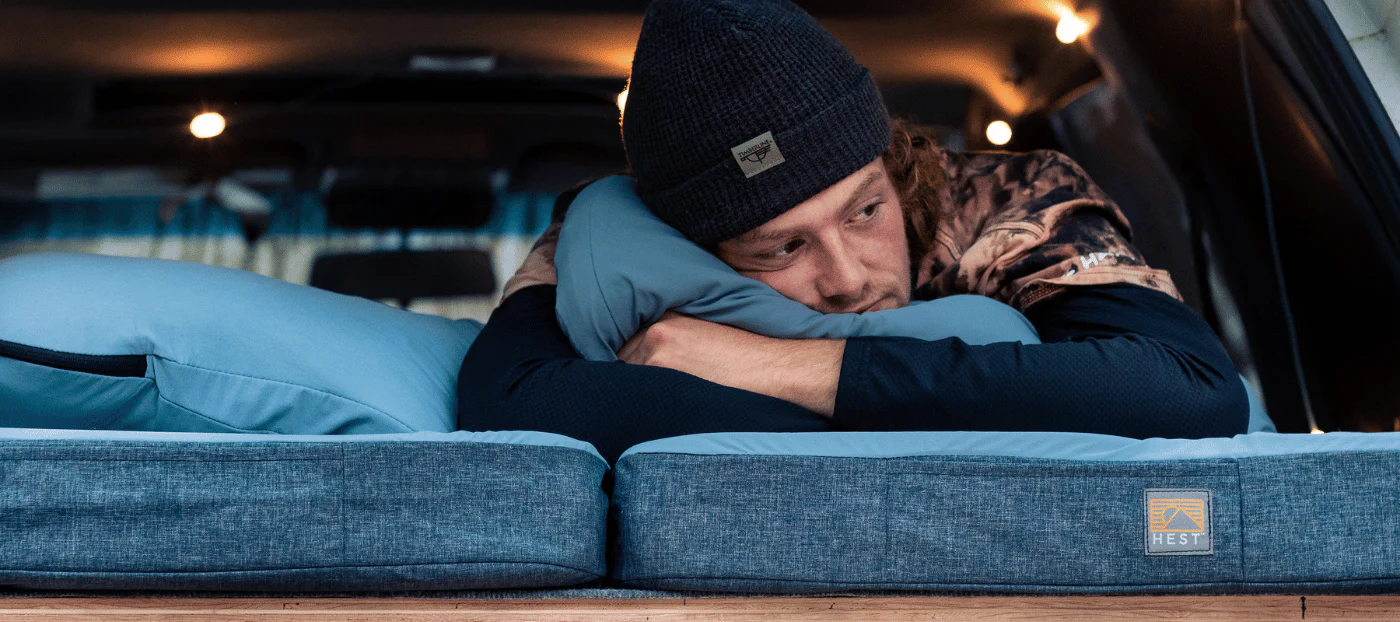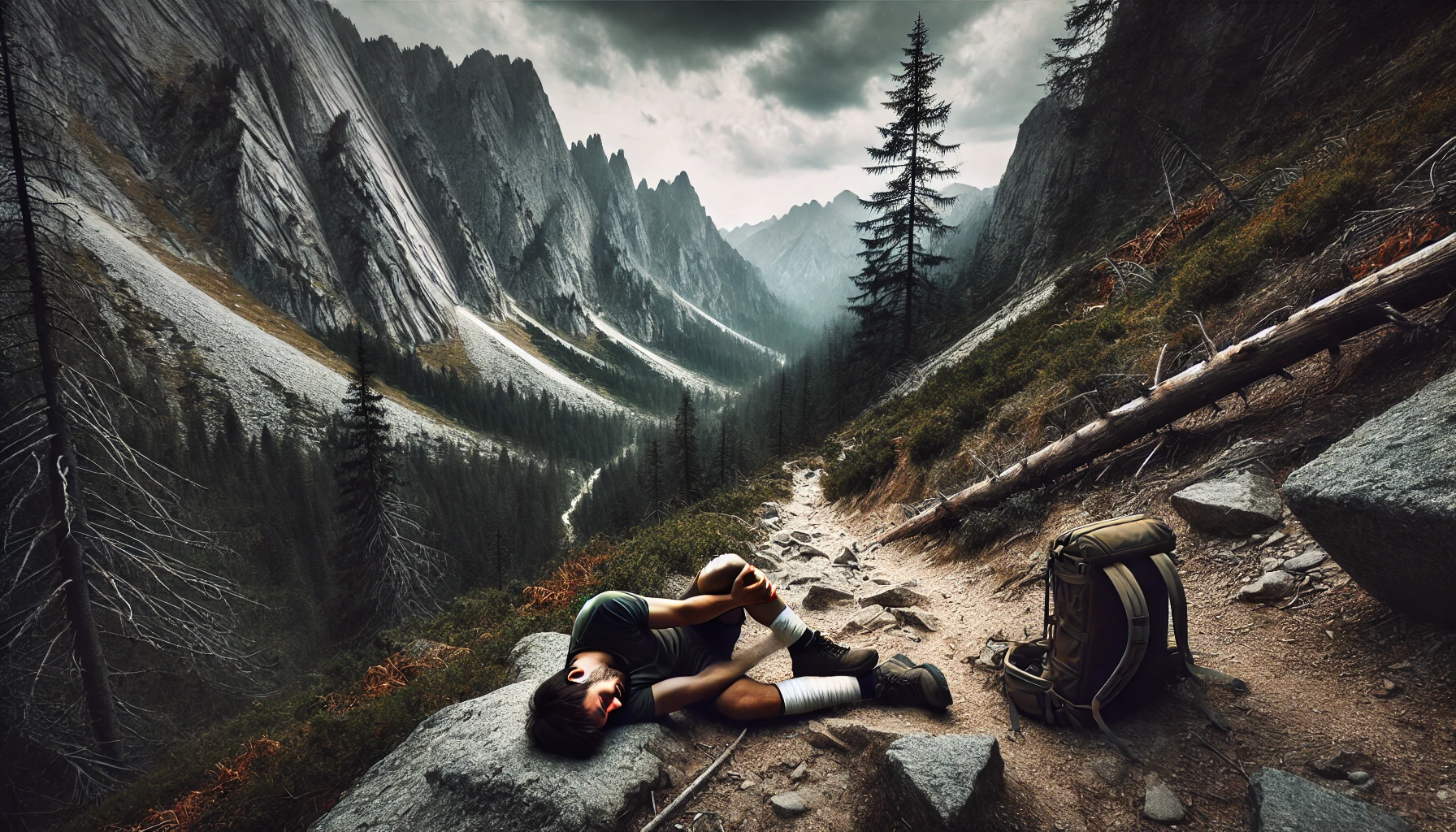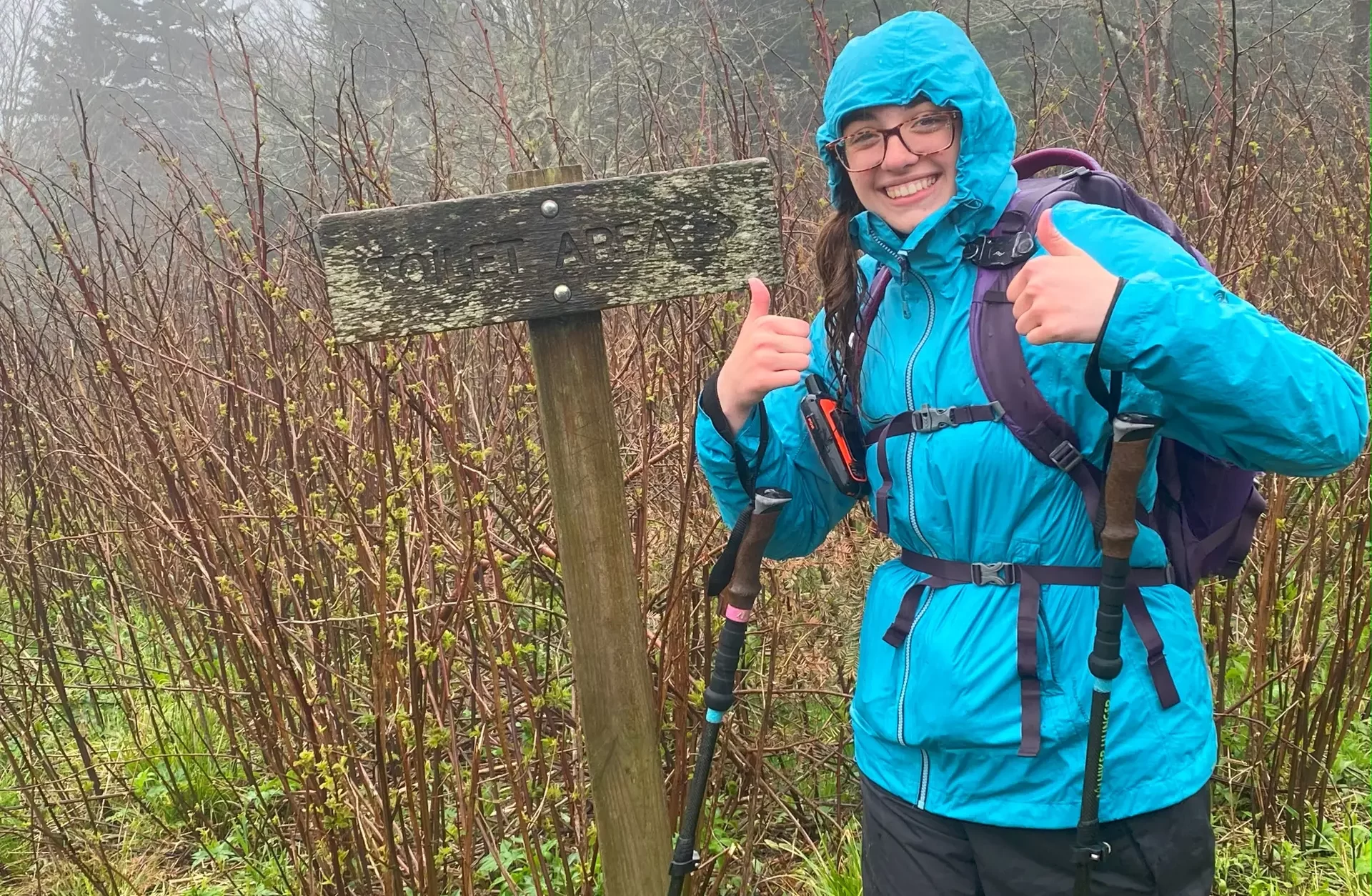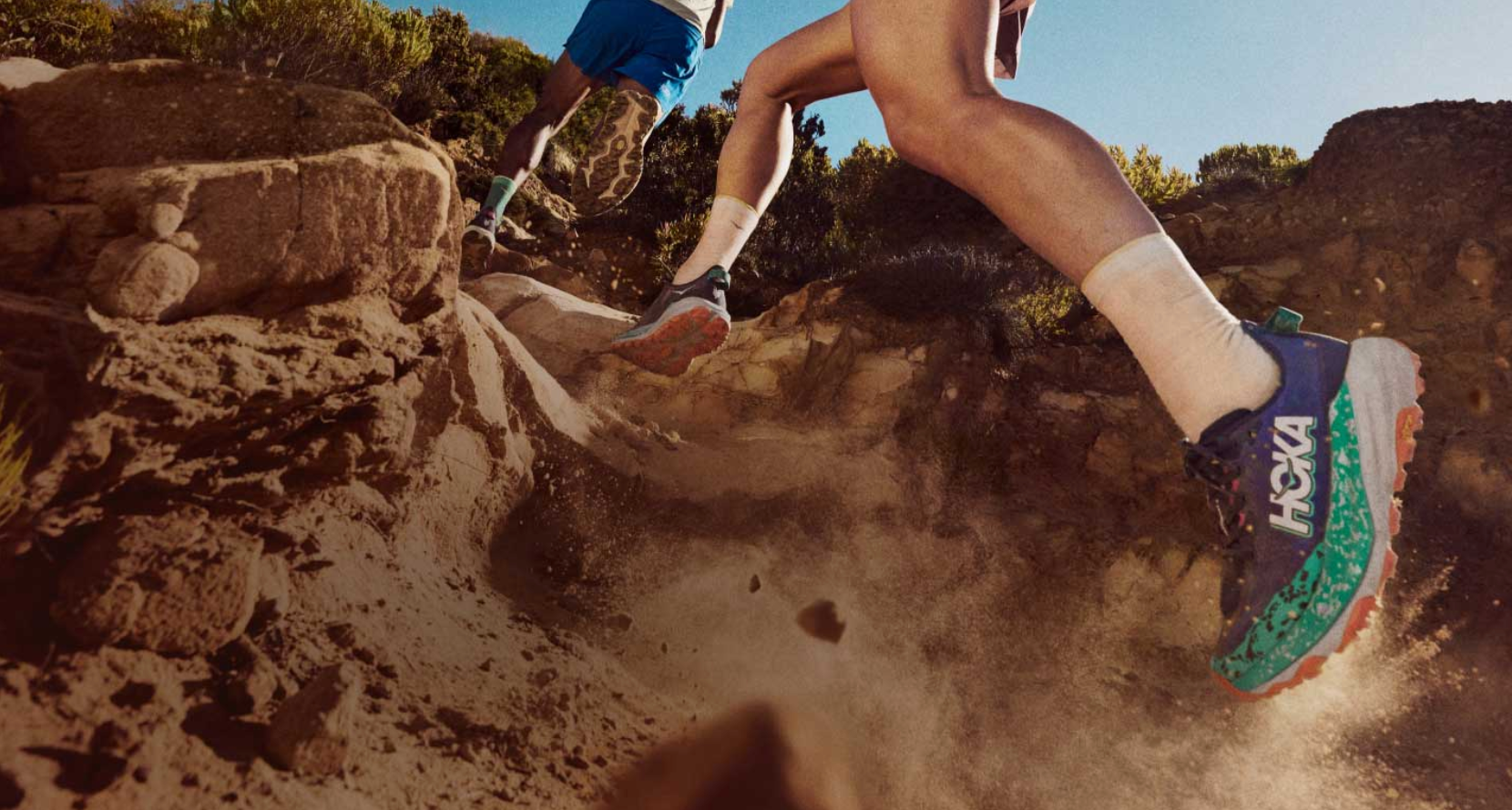
Trail Runners vs. Hiking Boots: 5 Reasons to Make the Switch
1. Lightweight and Comfortable
One of the most significant benefits of trail runners is their lightweight design. Trail runners are typically much lighter than hiking boots, reducing the overall weight on your feet and making long hikes more comfortable. The lighter weight means less fatigue, allowing you to cover more miles. As the saying goes, “one pound on your feet equals five on your back.” In addition to being lightweight, trail runners come in a variety of cushion levels. I prefer a trail runner with a lot of cushion, while others might prefer less cushion, which can reduce the shoe’s tendency to roll under your feet. Whichever your preference, you can find a trail runner with the perfect comfort level for you.
2. Better Mobility and Agility
Trail runners offer enhanced mobility and agility compared to hiking boots. The low-cut design and flexible construction allow for a greater range of motion in your ankles and feet. This increased flexibility can be especially beneficial on uneven terrain, enabling you to navigate obstacles more easily and quickly. Many people are hesitant to switch to trail runners because they believe they need the ankle support that hiking boots offer. The truth is, over time, you will build ankle strength just by hiking in your trail runners, and you’ll wonder why you worried about it in the first place. If ankle support is a real concern for you, consider high-top trail runners, which are now offered by several brands.
3. Breathability
Breathability is another key advantage of trail runners. Made with lightweight, breathable materials, trail runners allow for better air circulation around your feet. This helps keep your feet cool and dry, reducing the risk of blisters and fungal infections. Since switching to trail runners, I have never had a blister. They don’t cause the hot spots that hiking boots tend to create.
4. Quick Drying
Trail runners dry much faster than hiking boots, making them ideal for wet conditions or stream crossings. The lightweight materials and minimalistic design of trail runners allow water to escape quickly, and the shoes dry out faster when wet. This is particularly advantageous on multi-day hikes where you might encounter rain or wet trails. Hiking boots, on the other hand, can take much longer to dry, leaving you with damp, uncomfortable feet for extended periods.
Many trail runners come in “waterproof” Gore-Tex versions. I would skip the Gore-Tex. They tend to cost more, and in my experience, your feet will still get wet. If you have a stream crossing, your shoes are probably going underwater. Gore-Tex isn’t going to keep your feet dry in that situation. And because Gore-Tex doesn’t breathe as well as the non-Gore-Tex version, they tend to take longer to dry.
5. Versatility
Trail runners are incredibly versatile and can be used for a variety of activities beyond just hiking. Whether you’re trail running, fast-packing, or even just walking around town, trail runners provide the comfort and performance you need. I tend to wear my trail runners when I am lifting weights or running/walking on the treadmill. They aren’t designed for those activities, but they still work great in those scenarios, which means I don’t have to buy another pair of shoes.
Final Thoughts
While hiking boots still have their place, especially for heavy-duty hikes and rough terrain, trail runners offer several compelling benefits. Their lightweight design, enhanced mobility, breathability, quick-drying capabilities, and versatility make them an excellent choice for many hikers. If you’re looking for footwear that can keep up with your adventurous spirit, trail runners might be the perfect fit.
Matt Vittal
Matt is a software engineer living in Northwest Montana. He is an avid outdoorsman who spends his free time hiking, backpacking, camping, hunting, and fishing.
